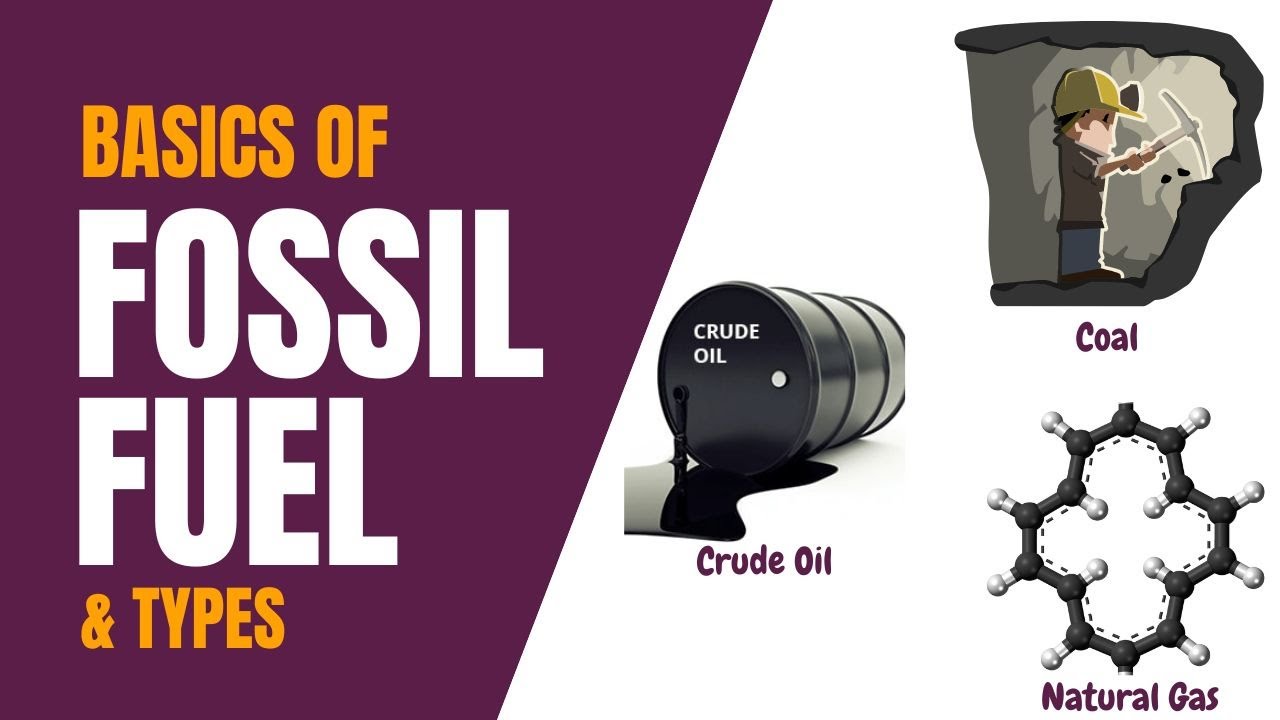Characteristics of Services I Intangibility, Inseparability, Heterogeneity, and Perishability
Summary
TLDRThis video script delves into the distinctive characteristics of services compared to products. It outlines four key features: intangibility, highlighting the non-physical nature of services; heterogeneity, emphasizing the variability due to human involvement; inseparability, noting that service production and consumption occur simultaneously; and perishability, indicating that services cannot be stored or saved for later. These traits present unique challenges for marketers in promoting and maintaining service quality.
Takeaways
- 😀 Services are intangible, meaning they cannot be touched or felt, unlike physical products.
- 🤔 The intangibility of services presents challenges such as difficulty in demonstration and the inability to be copied or displayed like products.
- 👥 Services are heterogeneous, varying in quality and experience due to the involvement of people, making consistency a challenge.
- 🕒 The production and consumption of services occur simultaneously, unlike products which can be produced separately and stored.
- 🎭 Services are perishable and cannot be stored or saved for later use, unlike products that can be inventoried.
- 🏢 Marketers face the challenge of maintaining consistent service quality due to the human element involved in service provision.
- 🌟 The simultaneous nature of service production and consumption means that services cannot be mass-produced like products.
- 📉 Perishability of services implies that service providers cannot recover losses from unused capacity, unlike products that can be sold at a later time.
- 🛒 The inability to store services affects their pricing and inventory management, contrasting with the flexibility available with physical goods.
- 📚 Understanding these four main characteristics of services is crucial for service marketers to effectively market and manage service offerings.
Q & A
What is the first and most basic characteristic that distinguishes services from products?
-The first and most basic characteristic is intangibility. Services are intangible, meaning they cannot be touched or felt, unlike products which can be physically touched and felt.
What challenges arise due to the intangibility of services?
-The intangibility of services presents challenges such as difficulty in tempting or copying services, and the inability to readily display services like physical products.
Why are services considered difficult to sell compared to products?
-Services are difficult to sell compared to products due to their intangible nature, which makes it challenging for marketeers to demonstrate their value and benefits to potential customers.
What is the second characteristic of services mentioned in the script?
-The second characteristic is heterogeneity, meaning services are variable and not uniform due to the involvement of people, such as customers and employees, in the service delivery process.
How does the heterogeneity of services affect the service quality?
-The heterogeneity of services means that maintaining consistent service quality is challenging because the service experience can vary depending on the customer and employee interactions.
What is the third characteristic of services that differentiates them from products?
-The third characteristic is inseparability, which means the production and consumption of services occur simultaneously, unlike products that can be produced separately and consumed at a different time and place.
Why is mass production difficult in the service industry?
-Mass production is difficult in the service industry because services are produced and consumed at the same time, and customers are often present during the service production, making it challenging to produce services on a large scale.
What is the fourth and final characteristic of services discussed in the script?
-The fourth characteristic is perishability, which means services cannot be stored or saved for later use, unlike products that can be stored in inventory.
How does the perishability of services impact the service industry?
-The perishability of services means that they cannot be resold or returned, and any unsold services, like empty seats in a theater, result in lost revenue that cannot be recovered by selling more units later.
What is the implication of service characteristics for service marketers?
-Service marketers must understand these characteristics to effectively market and sell services, as they present unique challenges compared to marketing physical products.
Why is it important for service marketers to address the challenges posed by service characteristics?
-Addressing the challenges posed by service characteristics is important for service marketers to ensure customer satisfaction, maintain consistent service quality, and effectively communicate the value of intangible services.
Outlines

Dieser Bereich ist nur für Premium-Benutzer verfügbar. Bitte führen Sie ein Upgrade durch, um auf diesen Abschnitt zuzugreifen.
Upgrade durchführenMindmap

Dieser Bereich ist nur für Premium-Benutzer verfügbar. Bitte führen Sie ein Upgrade durch, um auf diesen Abschnitt zuzugreifen.
Upgrade durchführenKeywords

Dieser Bereich ist nur für Premium-Benutzer verfügbar. Bitte führen Sie ein Upgrade durch, um auf diesen Abschnitt zuzugreifen.
Upgrade durchführenHighlights

Dieser Bereich ist nur für Premium-Benutzer verfügbar. Bitte führen Sie ein Upgrade durch, um auf diesen Abschnitt zuzugreifen.
Upgrade durchführenTranscripts

Dieser Bereich ist nur für Premium-Benutzer verfügbar. Bitte führen Sie ein Upgrade durch, um auf diesen Abschnitt zuzugreifen.
Upgrade durchführen5.0 / 5 (0 votes)






